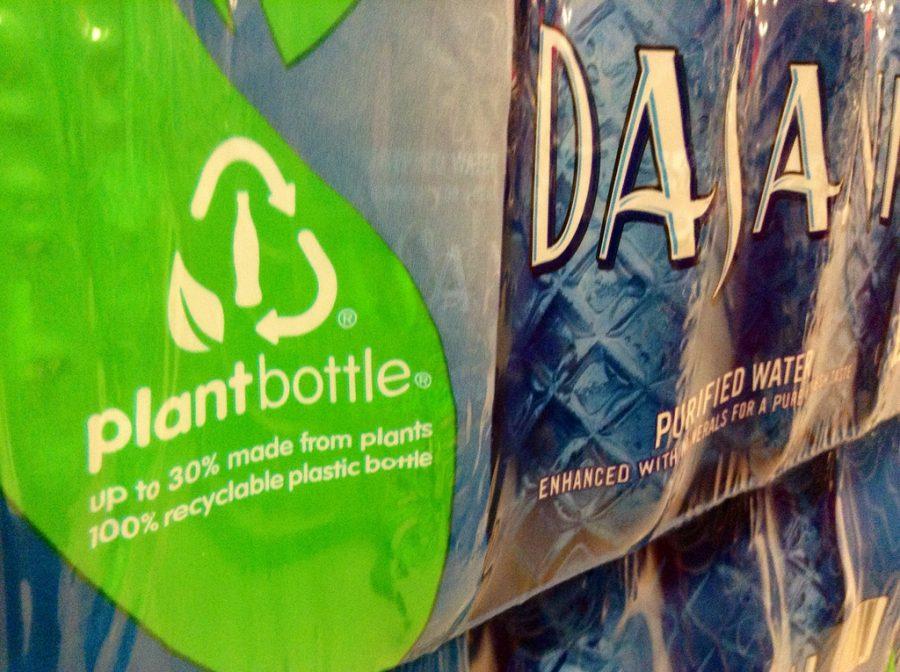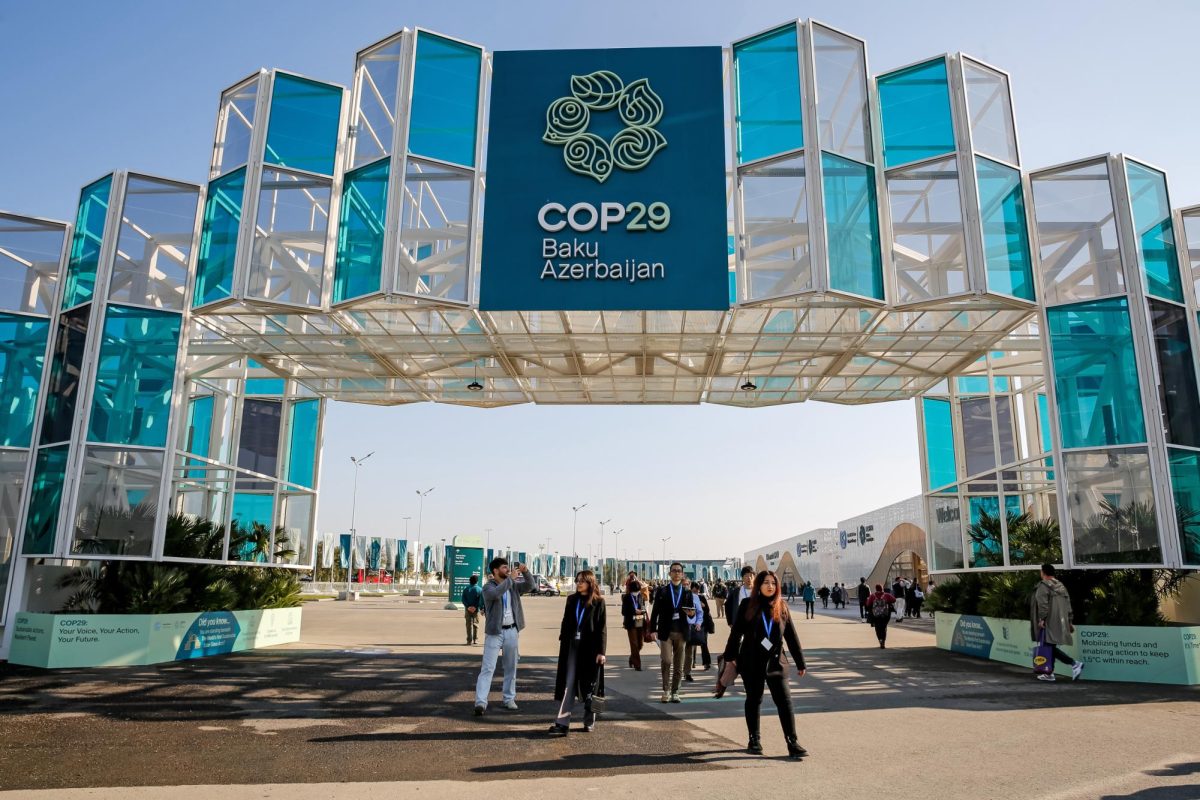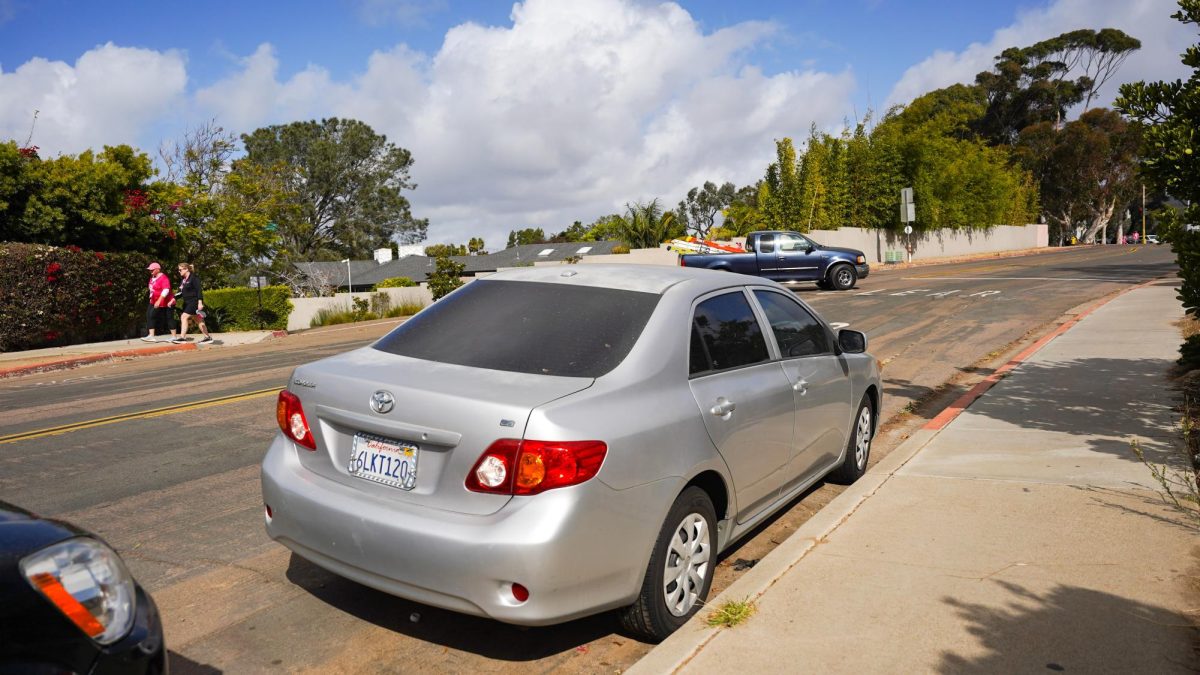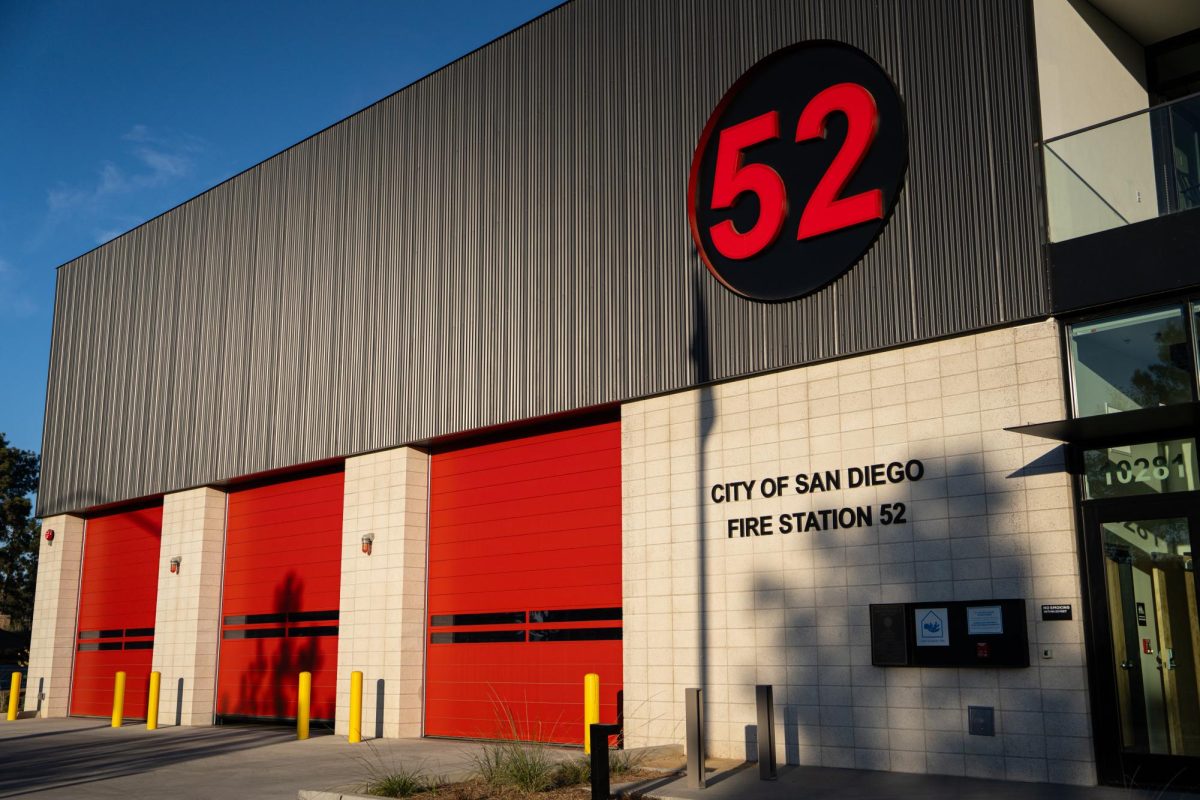UC San Diego’s Housing Dining Hospitality told the Student Sustainability Collective last week that it is currently not able to move forward with its ongoing efforts to ban the sale of non-reusable plastic water bottles on campus due to a beverage contract with Coca-Cola that HDH entered in early 2017. Both HDH and SSC intend to work together to find a solution that is favorable to both parties but does not violate the contract.
The plastic water bottle ban campaign is the result of a decade of student advocacy with the SSC, beginning its campaign on the ban on single-use plastic water bottles when the organization was established in 2008. A.S. Council also passed a referendum in 2016 in support of restricting the sale of plastic water bottles on campus and reducing plastic waste.
“By participating in a culture of reusable water bottle and hydration station usage … UCSD students, staff, and faculty can reduce negative environmental impacts in a manner that is also cost effective,” former A.S. Vice President of Environmental Justice Affairs Moon Pankam told the UCSD Guardian at the time of the referendum.
“In 2012, we had an agreement with HDH that established a ban on single-use plastic water bottles, but it wasn’t well-defined,” SSC’s Director of Water and Plastic Water Bottle Ban Campaign Leader Zoe Sebright said. “HDH agreed to eliminate the sales of 20 oz and under, which they did. This year we wanted to revamp our agreement with HDH to extend it to up to one gallon so it includes all water bottles.”
SSC re-presented the ban to the HDH advisory committee in a meeting last week but were told that it could not progress with the proposal due to the contract. According to Sebright, SSC’s 2012 agreement with HDH “guided the recent contract terms with Coca-Cola”. HDH will continue to follow the guidelines and “will still be selling bottled water over 20 oz.”
“[The HDH advisory committee members] said that their aim is to try and reduce the use of single-use plastic water bottles, but they’re working within the limitations within these contracts they have,” Sebright said.
UCSD’s seven-year contract with Coca-Cola went into effect on Jan 1, 2017. The agreement outlines legal requirements for the sale of the company’s products, and in turn, Coca-Cola will provide $585,000 each year to the UCSD during the time of the seven-year contract.
Certain restrictive conditions in the agreement prevent the campaign from moving forward.
In addition to the sponsorship fees, “[Coca-Cola] will pay HDH a rebate of (i) Two Dollars ($2.00) for each standard physical case of Dasani and Smartwater bottles.”
Additionally, Coca-Cola will “budget and spend up to Four Thousand Dollars annually” for mutually-agreed on-Campus promotional programs … designed to promote and increase Beverage sales on Campus.”
The contract explains that if HDH stops selling a certain amount of beverages, then the sponsorship fees would decrease. Should “the volume of Company Beverage sold to HDH decreases for any reason … Sponsor may elect to adjust the Sponsorship Fees to be paid to HDH to fairly reflect the actual and demonstrated diminution of the value of rights granted to Sponsor.”
SSC conducted a student survey in 2017 pertaining to plastic water bottle use. Out of 1,089 responses, 51.8 percent said that they do not buy single-use plastic water bottles and 95 percent of 981 student responses said that they use a reusable water bottle.
Furthermore, when given the scale of one to five for support of “terminating the sales of single-use plastic bottled water on-campus,” 52.7 percent of 1,089 chose five, 24.7 percent chose four, 15.2 percent chose three, 4.5 percent chose two, and 2.8 percent chose one.
“At the end of the day, we are using student funding, and we want to give back to students and make sure that we have their priorities in mind,” Sebright said.
However, Sebright suspects that some students may not be in favor of the ban because it is “limiting that choice” between a single-use water bottle and a reusable one, which may be viewed as “an attack on people’s liberties.”
Roger Revelle College sophomore Stephanie Pineda proposed a different approach for the plastic water bottle ban.
“I believe that HDH should minimize [its] sell of plastic water bottles and focus more on selling better alternatives,” Pineda told the Guardian. “I feel like the more [it displays] plastic water bottles in a freezer, the more inclined students are to buy them; therefore, if HDH would limit that, students would have to look into the investment of a reusable water bottle and start a chain reaction.”
However, Sebright suggested that the plastic water bottle ban would help to limit campus waste.
“We say we stand for sustainability and we have all these different policies, and we say we’re going to do Zero Waste, but really the biggest part of reducing your waste is to reduce your consumption first.”
The goal in “zero waste” is to reduce the amount of waste sent to a landfill. In the “idea of waste hierarchy: refuse, reduce, reuse, recycle”, Sebright suggests that “recycle should be our last alternative.”
HDH was not able to provide a response in time for this article’s publication. The article will be updated with additional information.







